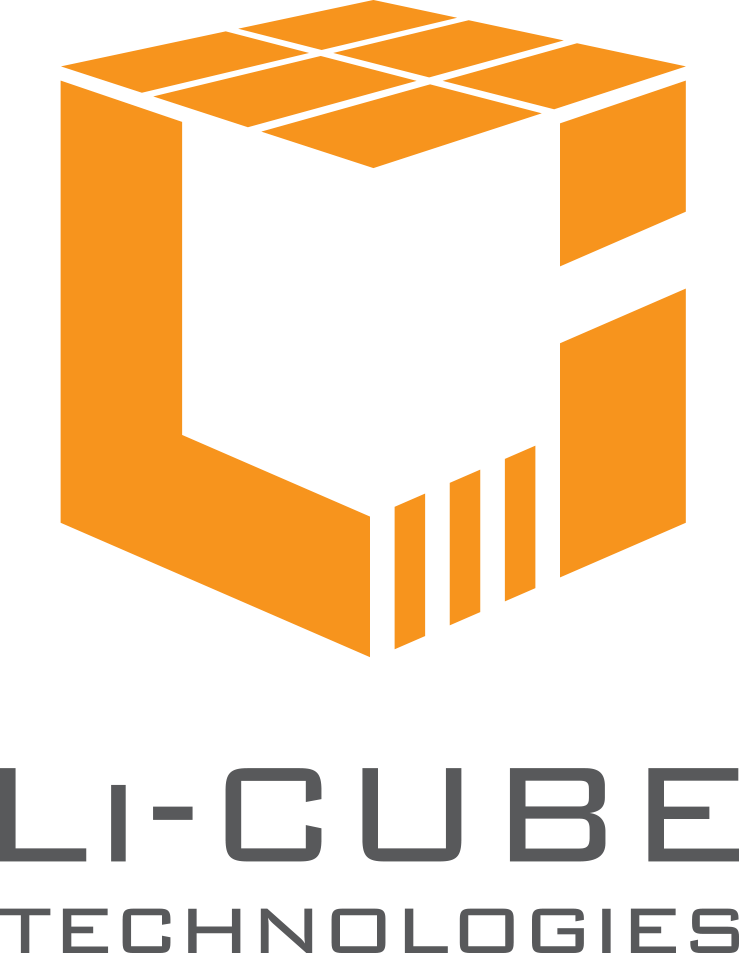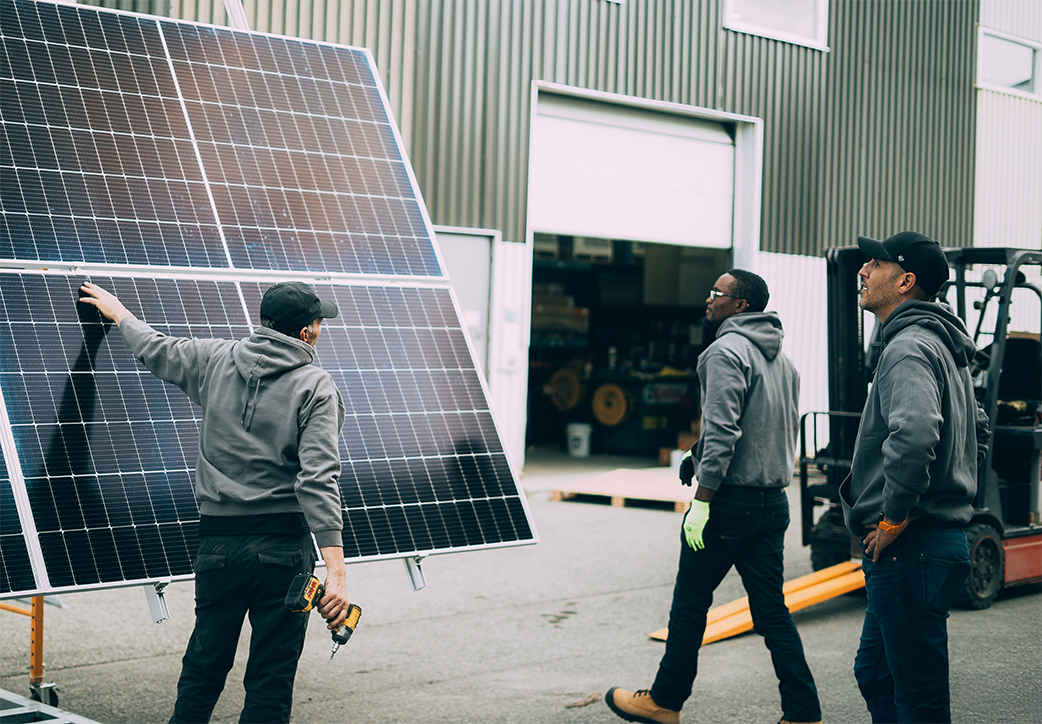In today’s world, reliable access to electricity is no longer optional. Yet, for many industries, communities, and research sites located far from the grid, maintaining a reliable off-grid power supply is still a daily challenge. From northern construction camps to island resorts and telecommunications towers, remote power systems are essential for keeping operations running smoothly.
A remote power system is an independent energy setup designed to operate without connection to the main electrical grid. These systems often combine multiple technologies, such as solar panels, battery storage, and backup generators, to create consistent and efficient off-grid energy solutions. While they offer freedom from grid dependency, they also come with unique challenges that require proper planning and smart design.
Intermittent Energy Sources
One of the most common challenges in remote energy systems is the inconsistency of renewable resources. Solar and wind power are sustainable, but they depend on weather patterns and daylight hours. In Canada’s northern regions or during long winter months, solar production can drop dramatically.
Solution:
To overcome this, hybrid configurations are key. Combining solar power for remote areas with battery energy storage ensures that excess power generated during sunny hours is stored and ready to use at night or on cloudy days. Adding backup sources like diesel or natural gas generators can further enhance system reliability. Li-Cube’s modular systems are designed for such flexibility, ensuring steady performance across all weather conditions.

Harsh Environmental Conditions
Remote areas often experience extreme weather, freezing temperatures, high humidity, or dusty environments. These factors can affect both the performance and lifespan of off-grid solar power systems.
Solution:
Equipment built for rugged conditions is essential. For example, Li-Cube’s containerized energy systems are engineered with durable enclosures, advanced ventilation, and smart thermal management to protect components from temperature fluctuations and corrosion. Regular maintenance schedules and remote monitoring can also help identify issues before they lead to power outages.
Limited Maintenance Access
In remote locations, technical support isn’t always nearby. If a power component fails, sending a technician to the site can be costly and time-consuming.
Solution:
A reliable remote power system design should include intelligent monitoring and control features. Using IoT-based sensors and digital dashboards, operators can track system performance, identify faults in real time, and even perform remote resets. Li-Cube’s systems integrate smart monitoring tools that allow clients to view live energy data and alerts, minimizing the need for on-site intervention.

Energy Storage Limitations
Energy storage is at the heart of every off-grid energy solution. However, battery capacity, depth of discharge, and temperature sensitivity remain major constraints in remote solar power systems. Inadequate storage can lead to power shortages during high-demand periods or after consecutive cloudy days.
Solution:
Modern lithium-ion batteries outperform traditional lead-acid types in both capacity and lifespan. They offer higher energy density, faster charging, and greater efficiency, especially when paired with smart battery management systems. Li-Cube’s integrated lithium battery modules are specifically designed for remote power applications, balancing long-term durability with optimal power delivery.
High Initial Costs
Setting up a remote off-grid solar system often requires significant upfront investment in solar panels, inverters, batteries, and backup generators. This can discourage businesses or communities that are looking for sustainable energy options but need to manage budgets carefully.
Solution:
While the initial cost may seem high, the long-term benefits outweigh the expense. A properly designed system reduces dependency on fuel transport, lowers maintenance needs, and delivers stable electricity for years. Energy audits and load assessments help ensure that each system is right-sized, so no energy or money goes to waste. Li-Cube offers scalable configurations, allowing customers to start small and expand capacity as their needs grow.

Logistics and Installation Complexity
Delivering and installing equipment in hard-to-reach areas can be one of the toughest parts of any remote energy project. From transportation challenges to limited construction resources, logistics can delay operations and increase costs.
Solution:
Pre-assembled or containerized power systems simplify logistics. These plug-and-play units are shipped ready to operate, minimizing on-site assembly and installation time. They are especially valuable in industries like mining, telecom, and remote healthcare where uptime is critical. Li-Cube’s containerized units can be deployed quickly with minimal groundwork, providing a reliable and scalable power source even in isolated regions.
Long-Term System Reliability
Without regular grid maintenance, reliable off-grid power requires advanced system design and continuous monitoring. As components age, performance may decline, leading to reduced efficiency or failures.
Solution:
Implementing a proactive maintenance strategy supported by remote system monitoring ensures long-term stability. Regular software updates, component checks, and analytics reports can extend system life and prevent energy losses. Li-Cube’s smart management systems automatically optimize energy flow and track health metrics, giving operators full visibility into their power infrastructure.

Building a Reliable Future for Remote Power
As more industries and communities look toward sustainable off-grid power, understanding these challenges is the first step toward overcoming them. Each remote site has its own environmental and operational constraints, which means there’s no one-size-fits-all solution. A customized design that blends solar, battery, and backup generation is often the most reliable approach.
At Li-Cube, we specialize in modular and containerized energy systems tailored for remote and industrial applications. Our team focuses on optimizing efficiency, safety, and long-term durability in every project. Whether you are powering a remote research station, construction site, or rural community, Li-Cube provides the expertise and technology to keep your operations running, no matter how isolated your location may be.
Visit Li-Cube's Energy Solutions to learn more about our off-grid energy systems and discover how we can help design a reliable power setup for your remote project.


Share:
When to Choose Solar Containers Over Portable Generators
How Solar Containers Perform in Harsh Canadian Winters